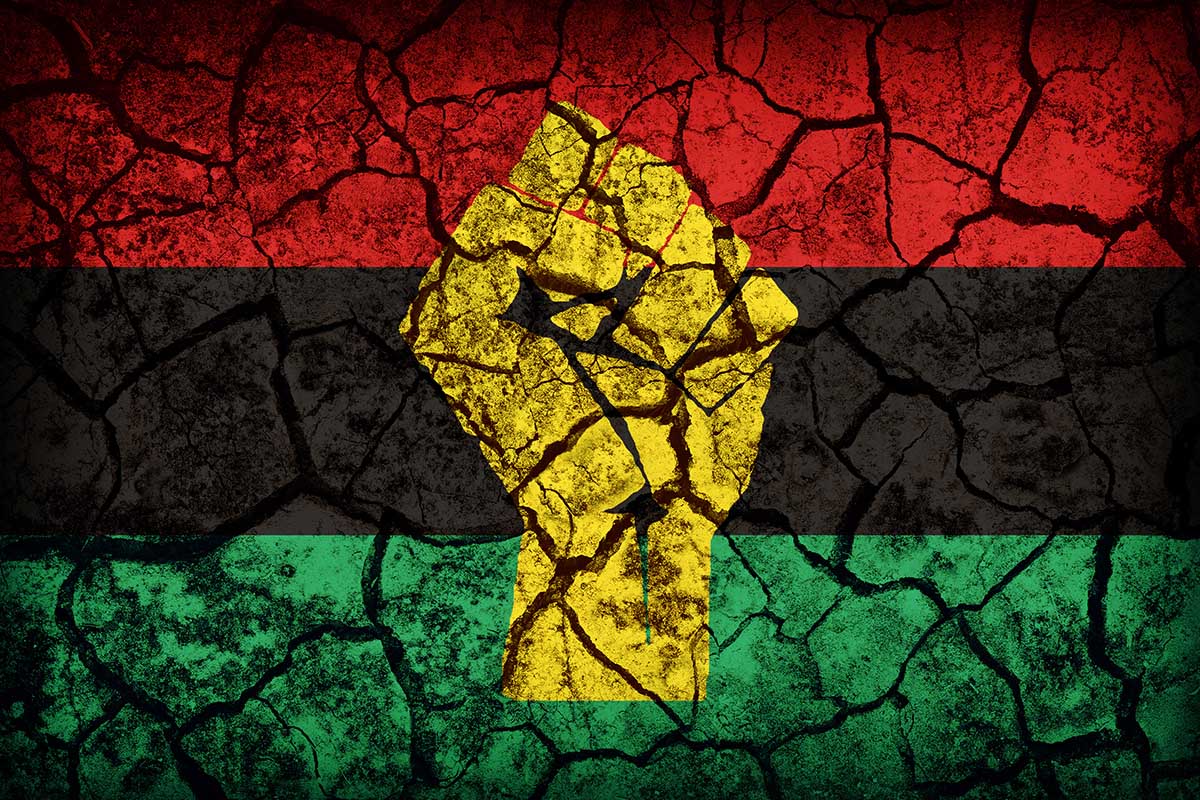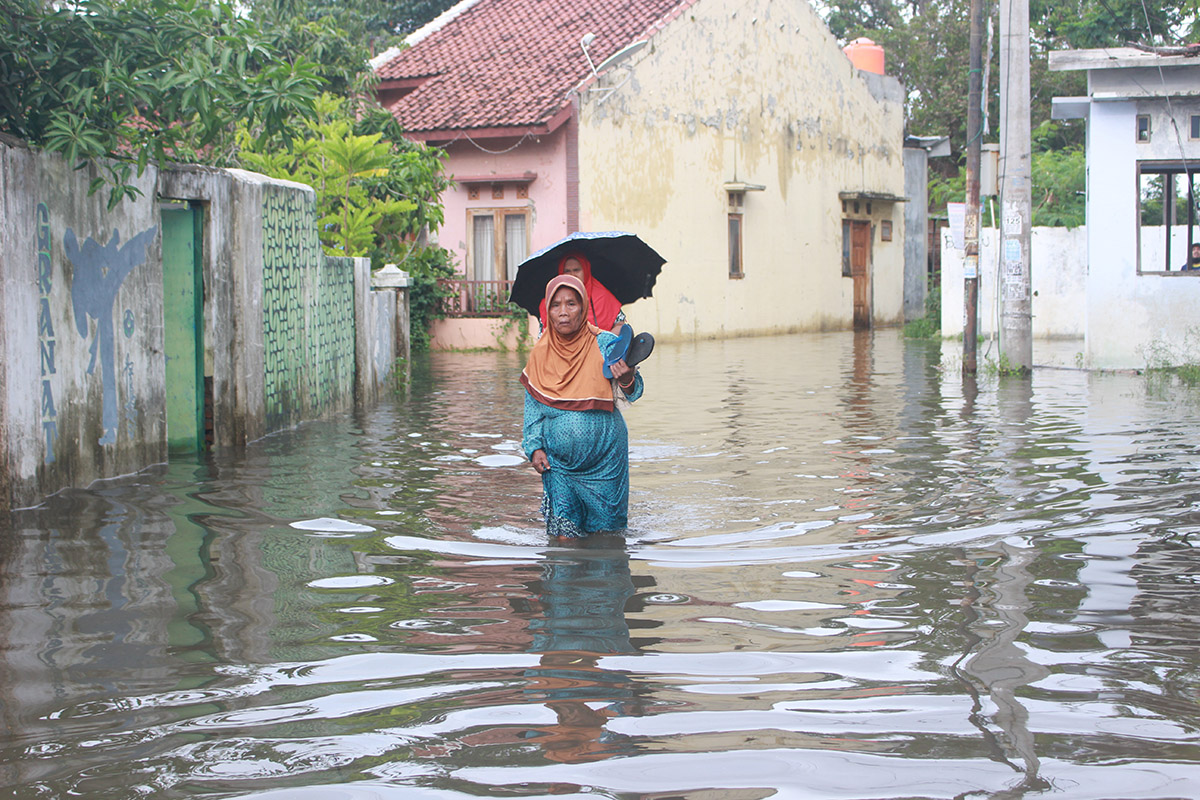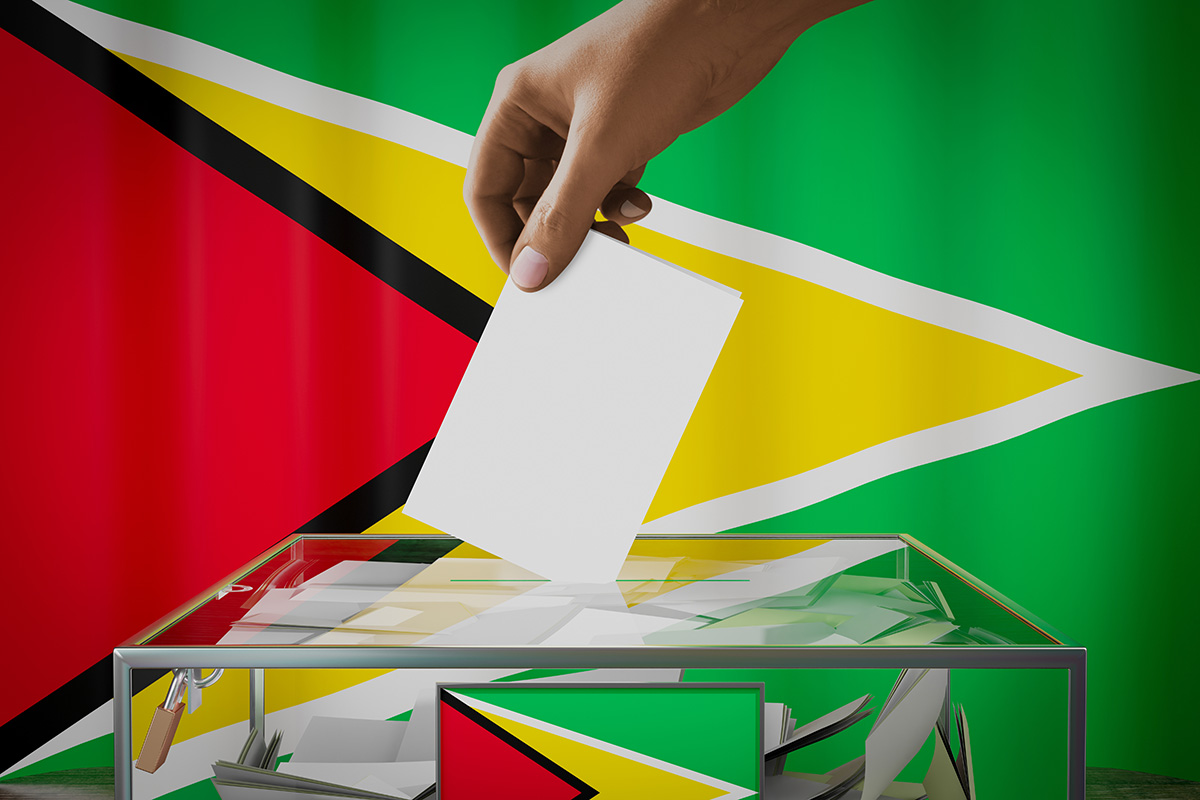Pan-African Diasporas: Catalysts to African Development
February 18by Sylvester Stephen Mtenga
Diaspora: the movement, migration or scattering of a people away from an established or ancestral homeland.
Merriam-Webster dictionary
Pan-Africanism: a movement for the political union of all African nations
Merriam-Webster dictionary
The two terms hold synonymous weight in tandem with each other. On one hand you have the diaspora, centered around the movement from one’s motherland to another country and on the other hand, you have Pan-Africanism promoting the political and economic unity among Africans. With the slight discrepancy between the two terms, one is prone to ask oneself:
‘In what ways can people physically displaced from Africa contribute to the advancement of their motherland?’
According to statistics and research outlined by The State of The African Diaspora, there are over 350 million diasporas displaced, either in the form of the descendants of Africans forcefully deported during colonialism or those who voluntarily migrated. For the context of this article, we are going to focus on the latter.
The common reason for the disparate number of migrants living away from their homeland is to pursue, for themselves and their families, a better future through the pursuit of educational, financial and career opportunities overseas. While pursuing greater opportunities abroad is not frowned upon, the main cause for concern is often the relatively low number of migrants returning home to advance their own countries – which is among the facets of Pan-Africanism.
At its core, the Pan-African movement aims to foster a sense of brotherhood and collaboration among all people of African descent regardless of their physical locations, and that includes the diaspora community. The movement believes in unity and combined efforts of every African to break free from and reverse the effects of colonialism.
As some diasporas have ‘tasted the best of both worlds’ in multiple ways: culturally, educationally and economically, it is safe to note that they make significant contributions to the development of their homeland.
One way that they do this is through migrant remittances. These are earnings sent back home by diasporas in the form of cash or goods to support their families. According to the International Monetary Fund, remittances have become among the largest sources of income for many developing countries. Countries collect income in the form of remittance transactions and currency conversion fees, thus increasing the nation’s capital flow.
For the diasporas who do return to their home countries, they do so with a wealth of knowledge, conveying expertise and knowledge to raise the productivity of the continent through a variety of channels. For instance, they could advocate for better education systems and provide guidance on curriculum development for a better Africa.
In addition to the above, the contacts and connections they make abroad can be used to strengthen and promote intra country relationships with other African diaspora in sectors such as business, politics and development.
The truth of the matter is that Pan Africanism in respect to its ideologies of development is advanced by the diaspora community as they strive to achieve the very best for their African brothers and sisters. ‘Unite Africa and her people.’






